If anything has defined the 2024 election cycle, it's the disheartening failure of journalists across mass media. Some of that failure has come in the form of "sane washing" Donald Trump's statements to make it seem that his rallies and interviews contained coherent information. More often it's come through simple omission—though ignoring what Trump said when no level of editing could sift a rational thought from his nightly stream of gibberish.
Both are demonstrations of nothing more complicated than cowardice.
Maybe journalists are afraid of the threatening emails and phone calls they'll receive if they write truthfully about Trump's declining mental state. Maybe they're afraid Trump will shut them out of plum roles at the Ministry of Propaganda if he should regain control of the government. But they're definitely afraid.
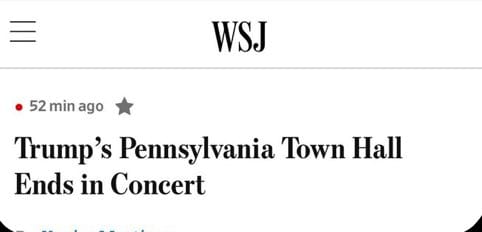
In 2016, the Washington Post dug so deep into Hillary Clinton's campaign that they published the risotto recipe of one of her advisers along with texts asking his wife to pick up prescriptions from CVS — even though they knew Russian hackers had stolen those texts and released them in hopes of hurting Clinton's campaign.

But in 2024, the Post, along with The New York Times and Politico, opted out of publishing information taken from the Trump campaign, even though that information contained the campaign's inside analysis of vice presidential candidate J. D. Vance.
None of these organizations have any doubt about the veracity of the information, and while it may be coming to them from a disgruntled insider at the Trump campaign, it's not being sourced by a foreign government bent on ripping a hole in American democracy. But they've decided that the public has no interest in seeing what Trump & Co. are covering up when it comes to Vance. Everyone, please move along.
That's not a signal that these organizations have suddenly discovered that publishing stolen information is a Bad Thing. It's just one small part of a very big pattern.
Major media outlets are clearly acting from a deep well of fear. There is no other explanation.
But thankfully, not everyone is so cowed as the people who are supposed to be informing the nation. Trump ran into a few forthright souls on Wednesday night at a Univision town hall with Hispanic voters. Those voters did what the media seems terrified to do: Confront Trump with direct, serious, questions.
📌 A Latino farmer asks Donald Trump who will do the hard jobs if he deports undocumented immigrants.
— Univision Noticias (@UniNoticias) October 16, 2024
This is what Trump said at the Univision town hall #LosLatinosPreguntan.
Watch today at 10 PM ET/9C/7PAC on @univision, @ViX, and our digital platforms. pic.twitter.com/WCoP1qFZC5
Jorge Velazquez [translated]: For many years, I have worked with these hands, hunched over picking strawberries and cutting broccoli. This tough job is mainly done by undocumented people. If you deport these people, who would do that job, and what price would we pay for food?
As might be expected, Trump gave a rambling, nonsensical answer in which he said "I'm the best thing that ever happened to farmers," claimed that "farmers are doing very badly right now," and then went on to claim that the immigrants coming into the country contained hundreds of thousands of murderers, drug dealers, and terrorists.
Nowhere in Trump's response did he come close to answering the question that Mr. Velazquez so respectfully asked.
But what's most amazing about this exchange is: Why didn't Trump have a ready answer to this question? Why hasn't he been asked this before? Why haven't journalists asked him this every time he makes his terrifying calls for mass deportation? How can we be less than 20 days from the election, and Trump doesn't even have a pretense of an answer to the most fundamental effect of his most frequently stated policy?
Why has no one forced him to answer this question?
This is a big political moment. In this election, in history. A former Trump voter asked Trump plainly to win his vote back by apologizing and explaining January 6 and other disinformation. Trump did not. No apologies, and even more lies.pic.twitter.com/PtzuAta0t3
— Robert J. DeNault (@robertjdenault) October 17, 2024
Ramiro Gonzales: I am a Republican, no longer registered though. I want to give you the opportunity to try to win back my vote. Your action, and inaction, during your presidency and the last few years, was sort of a little bit disturbing to me. What happened during January 6 and the fact that you waited so long to take action while your supporters were attacking the Capitol. On the coronavirus, I thought that the public was misled during the coronavirus and that many more lives could have been saved if we had been informed better. And also, people in your administration who don't support you. I'm curious how people so close to you no longer support you, so why would I want to support you? If you would answer these questions for me, I would really appreciate it. You know, your own vice president doesn't want to support you now.
Trump's response was to make up a number "97% of the people in the administration support me." In the real world. 40 of the 44 people who served as members of Trump's cabinet now say they don't support him.
After pulling this number out of his ass, Trump launched into a long defense of January 6, saying "We didn't have guns down there, the others had guns." In addition to ignoring how many of Trump's supporters in the crowd were absolutely armed, this presents the police officers and Secret Service personnel who protected Congress as "the others."
January 6 was, Trump said, "a day of love."
It's safe to say that Trump did not satisfactorily answer Gonzales' questions, but again, the more important issue is why Trump hadn't been forced to answer these questions more often. Why haven't his failings with both January 6 and the COVID-19 pandemic been a focus of every interview? Why isn't he repeatedly asked about all the former staffers who now warn against him?
Donald Trump says the parents of school shooting victims should understand their children’s safety and even lives were sacrificed so that others could have guns for “entertainment and sport.” pic.twitter.com/BpGLDURmkx
— Shannon Watts (@shannonrwatts) October 17, 2024
Jesus Gonzales: With respect, could you explain your gun control policy to the victims of school shootings?
This time, I'm not going to summarize. This is exactly what Trump said in reply.
Trump: I could. We have a Second Amendment, and a right to bear arms, essentially. And I'm very strongly an advocate of that. I think we need that. I think that if you ever tried to get rid of it, you wouldn't be able to do it, you wouldn't be able to take away the guns because people need them for security. They need them for entertainment and for sport. Other things.
Surely the parents of massacred children don't expect gun fetishists to give up their entertainment?
It's not hard to ask Trump powerful questions. It's not difficult to report that he had no answers.
These ordinary people in the audience at Univision's town hall didn't give Trump some open-ended invitation to talk about whatever he liked. They didn't nod along as he rambled about sharks, or serial killers, or immigrants eating cats. They didn't come prepared with a stack of softballs and a tee.
They asked him real questions that real people want to know. They had to do it because the major media outlets have utterly failed them in this fundamental task.
If supposedly professional journalists would only treat Trump as bravely as these ordinary voters, then maybe far more Americans would react to Trump with the disdain and disgust displayed by the rest of the Univision audience.
From Trump’s train wreck on Univision. Looks like I just found my new laptop wallpaper
— Mike Gonzalez (@mestizoqueso.bsky.social) 2024-10-17T03:30:36.678Z
But don't expect much to change. The very professional journalists have their very professional positions on the nation's most serious issues. Please take your concerns about gun control, mass deportation, and Jan. 6 somewhere else.
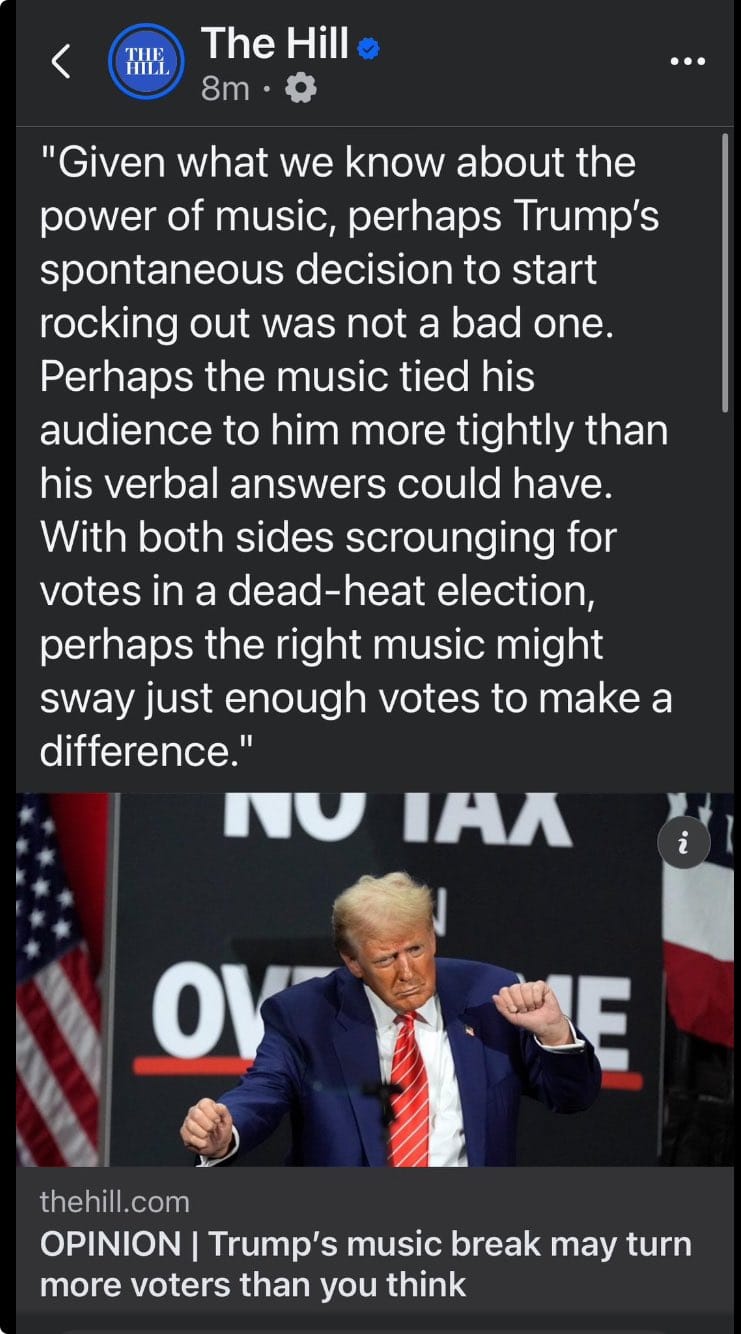

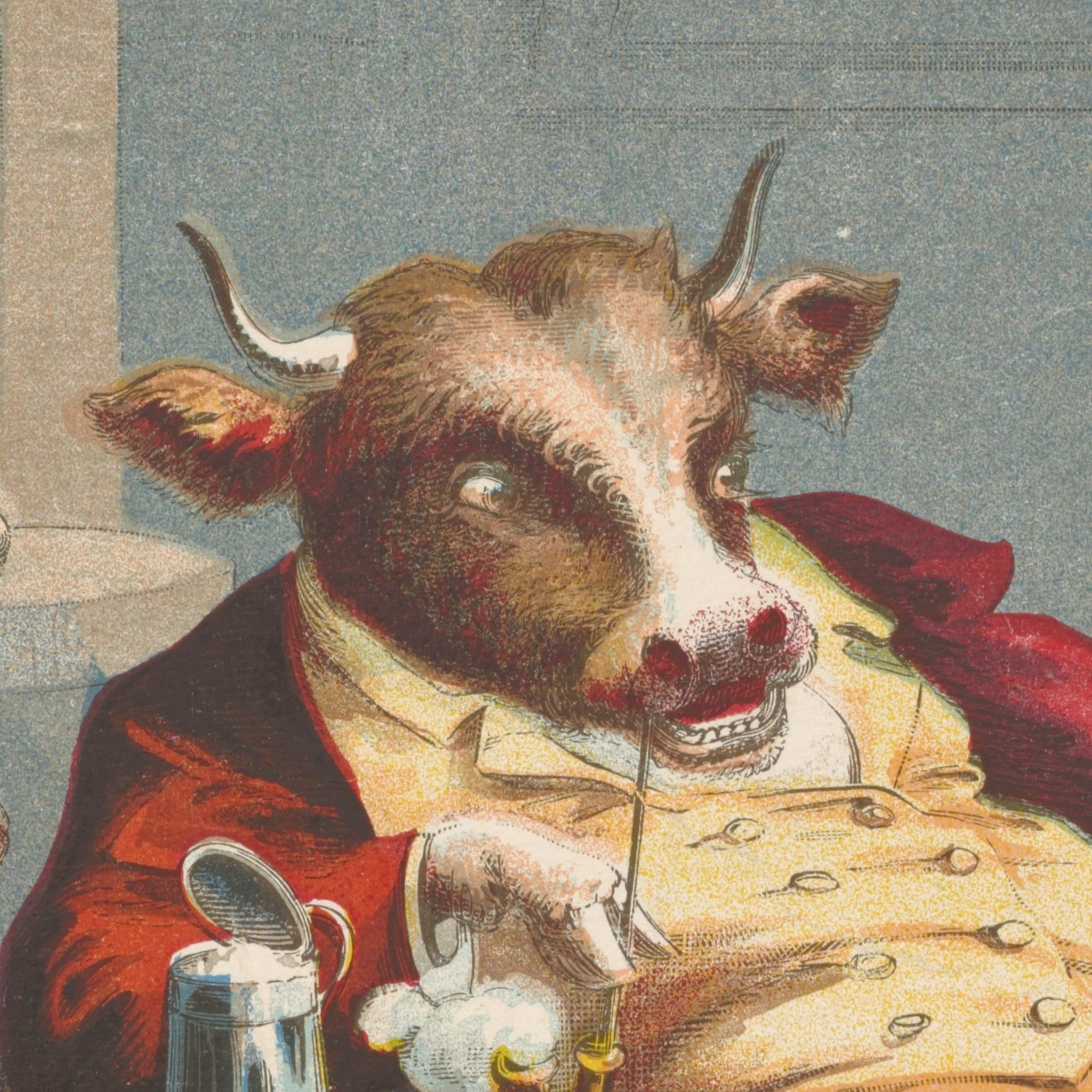
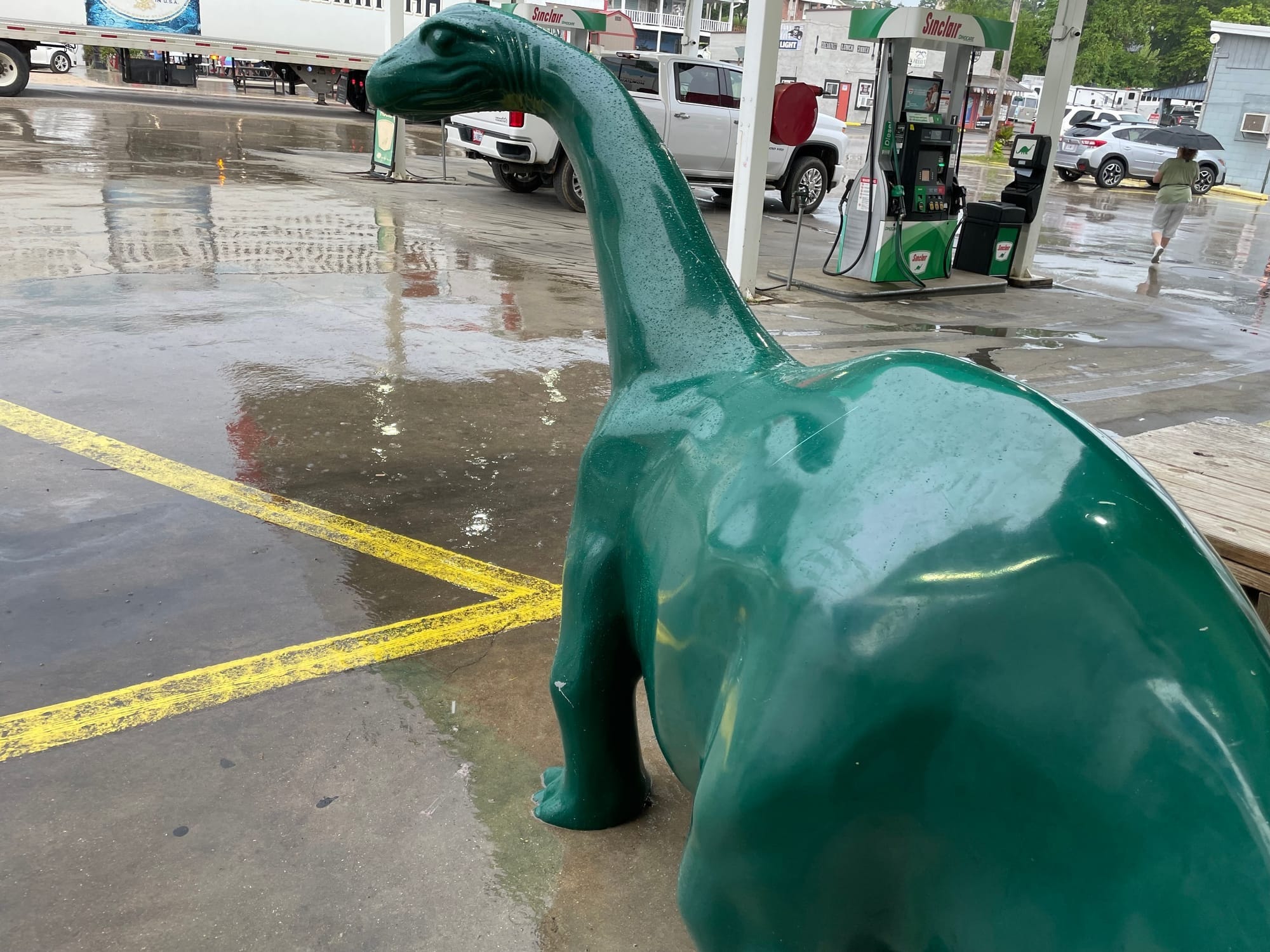
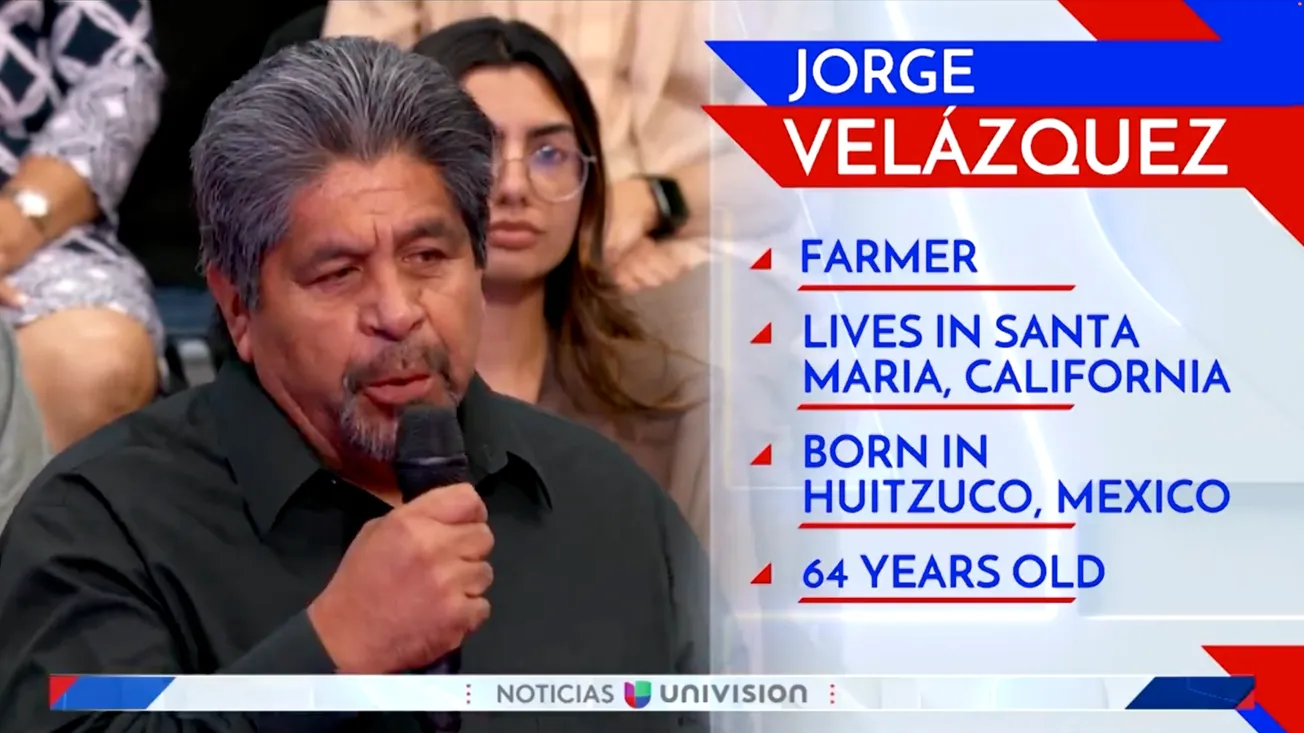








Comments
We want Uncharted Blue to be a welcoming and progressive space.
Before commenting, make sure you've read our Community Guidelines.